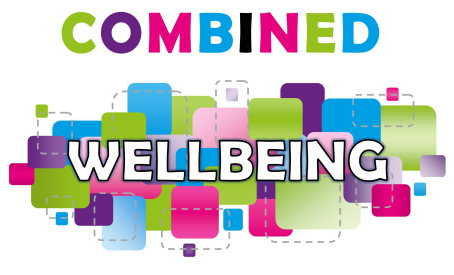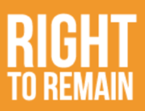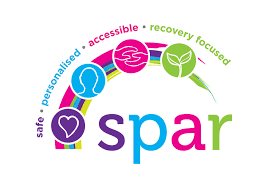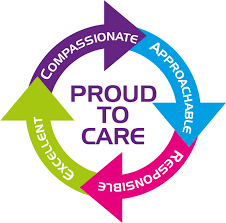Support for Refugees and Asylum Seekers

Information
Here you’ll find answers to some common questions concerning Refugees and Asylum Seekers.
Select the underlined questions below to see more.
Asylum Seeker – “A person who has left their country of origin and formally applied for asylum in another country but whose application has not yet been concluded.”
Refugee – “A person who, owing to a well-founded fear of being persecuted for reasons of race, religion, nationality, membership of a particular social group or political opinion, is outside the country of his nationality and is unable or, owing to such fear, is unwilling to avail himself of the protection of that country; or who, not having a nationality and being outside the country of his former habitual residence as a result of such events, is unable or, owing to such fear, is unwilling to return to it.” The 1951 United Nations Convention definition of refugee status.
The UK is home to approximately 1% of the 25.9 million refugees worldwide, according to the Refugee Council website www.refugeecouncil.org.uk. Many Asylum Seekers and Refugees have undertaken dangerous journeys to flee from violence, war, political and religious beliefs or sexual orientation that places their lives at risk from torture and death. Many arrive in the UK with no possessions or resources, other than the clothes they are wearing – exhausted from their journey and struggling with their mental and physical health caused by previous trauma and current deprivation whilst feeling extremely isolated
The UK provides asylum seekers with accommodation which is shared with other asylum seekers. Asylum seekers do not have choice or control over where they are placed to live.
Asylum Seekers are not entitled to work – meaning they are not able to become financially independent.
Asylum Seekers are provided with a £5 per day allowance to fund their essentials such as food, clothing, and toiletries.
An Asylum Seeker becomes a Refugee when they are granted ‘leave to remain’ status. Once ‘leave to remain’ status is granted a Refugee is given 28 days to secure new accommodation, open a bank account and obtain financial income before all government support is withdrawn. Refugees are faced with a high risk of homelessness and poverty due to poor cultural awareness, language barriers and lack of support.
It is unsurprising that many Asylum Seekers and Refugees have mental health illnesses given past trauma and high levels of social stressors upon arrival to the UK, below provides helpful information in how to cope and how to seek help and support to improve mental and physical well-being.
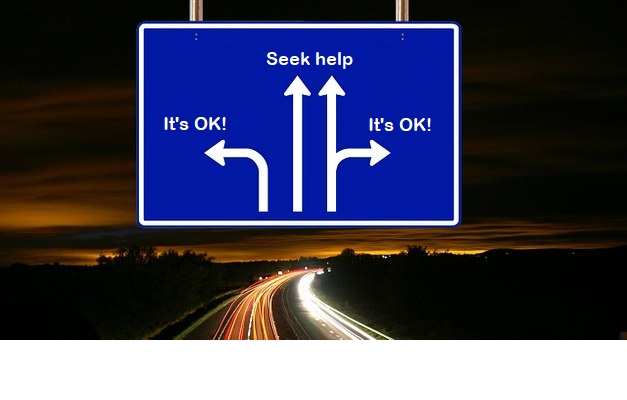
Coping with
Top tips to cope if you have worries about being a refugee or asylum seeker
The following buttons are self-help suggestions
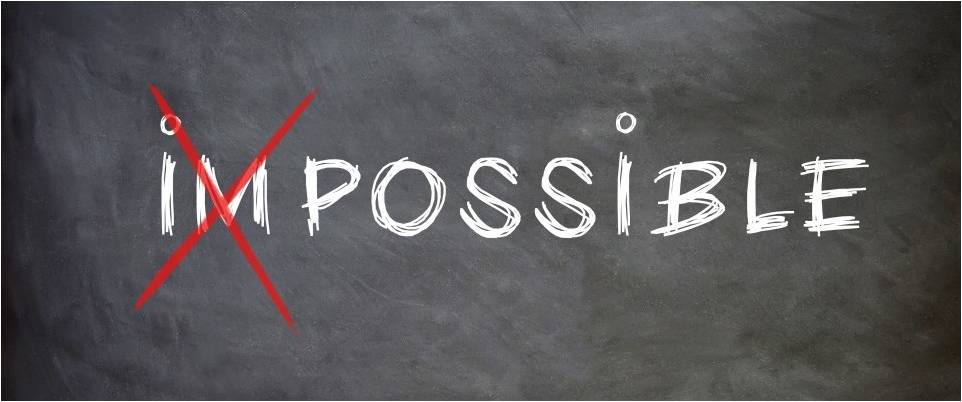
Finding help
Who can you talk to?
- Health professional (Counsellor, Nurse)
- Charities and Helplines
Select the underlined topics below to view what resources are available.
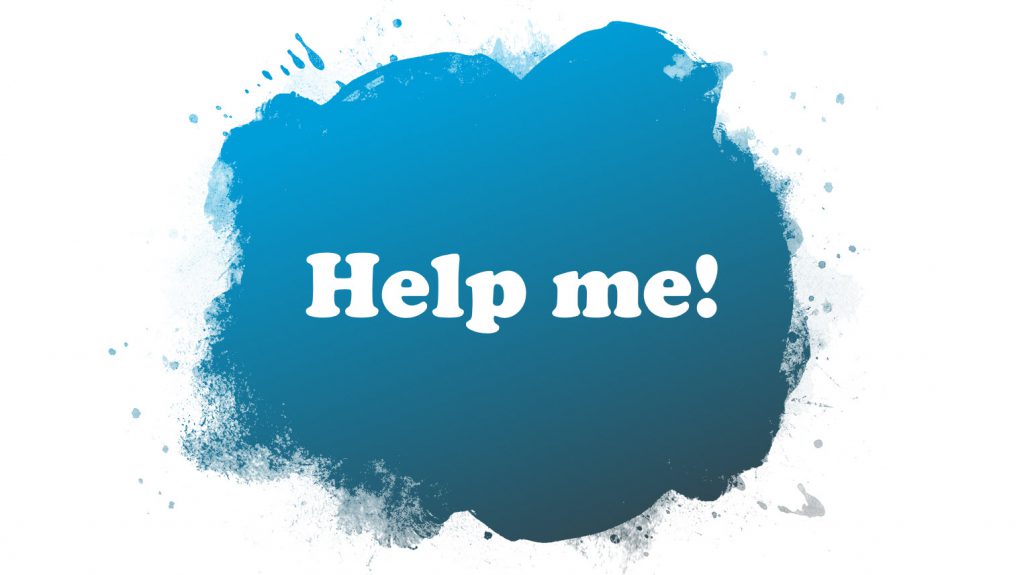
Getting more help
If you haven’t already found the help you’re looking for, you can find additional information and services which are more interactive here.
Select the underlined topics below to view what resources are available.
…in and around North Staffordshire
